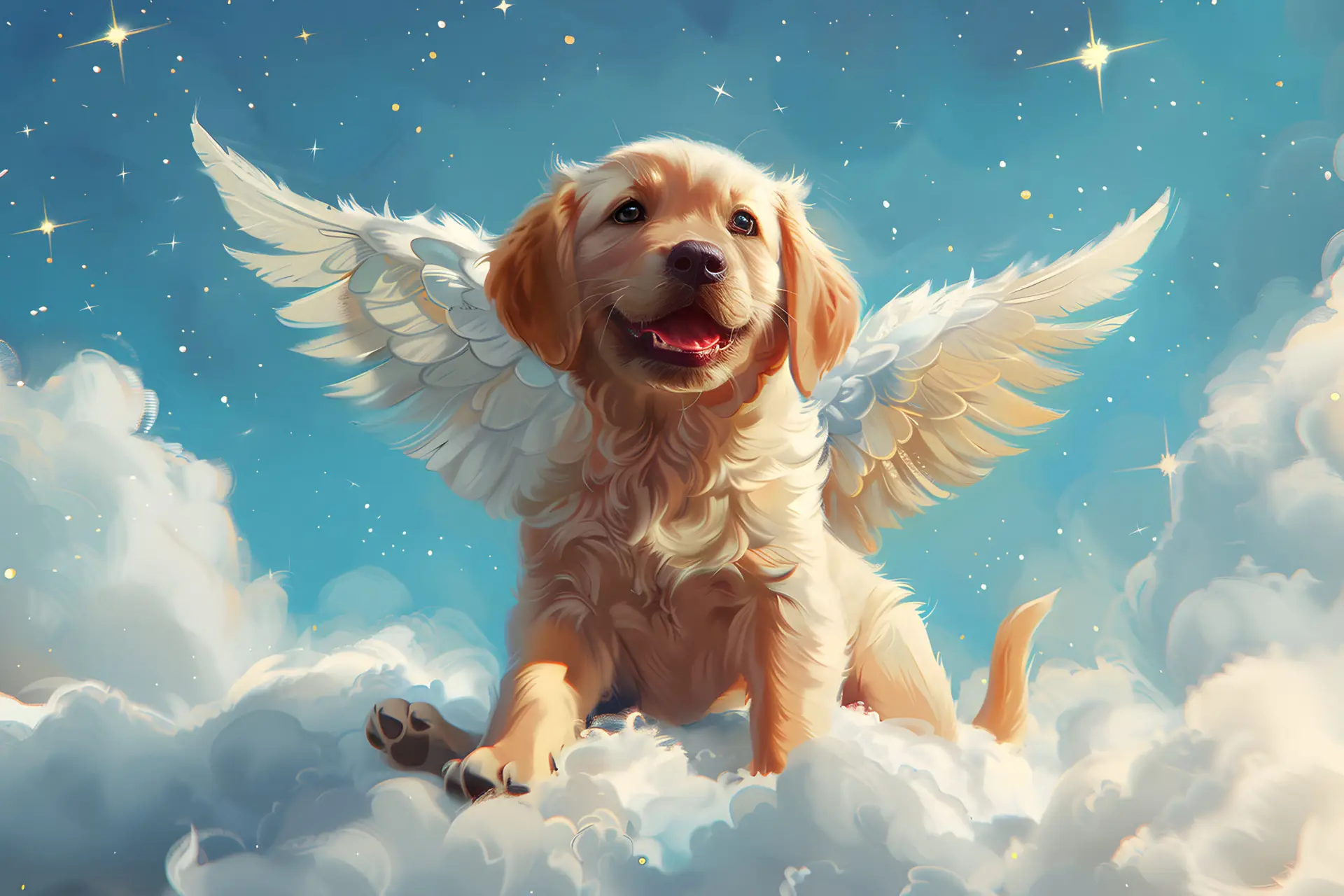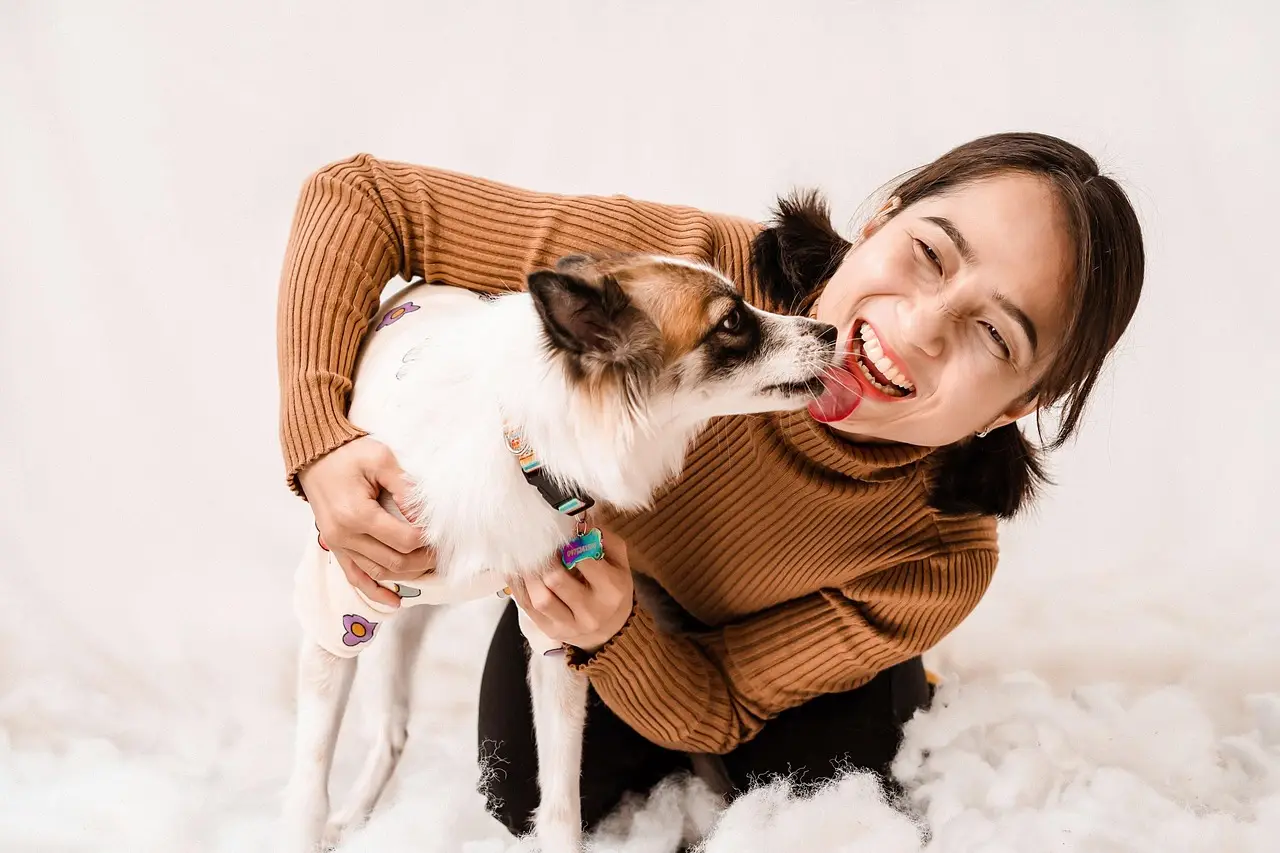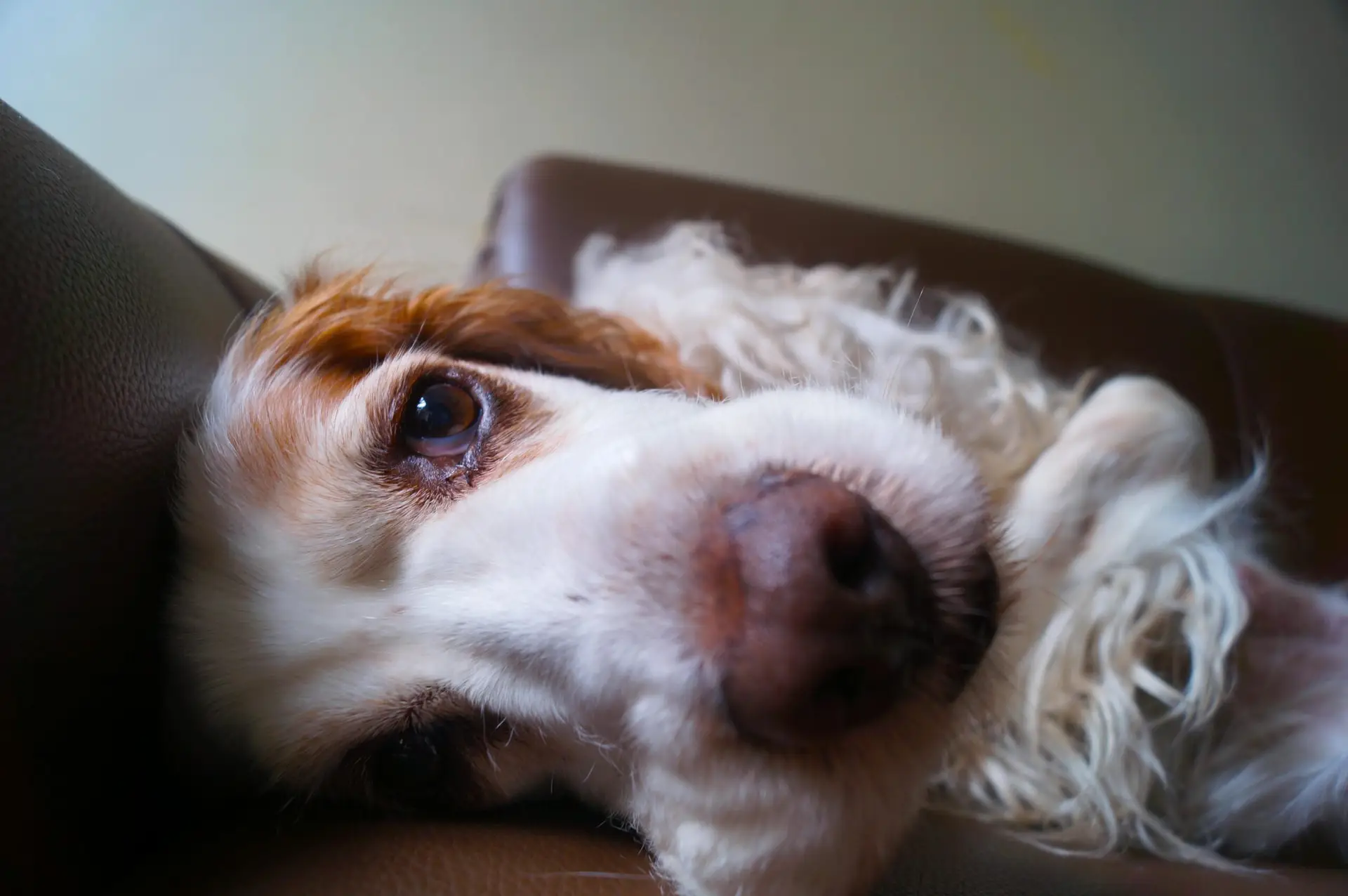If you’ve noticed your dog panting heavily at night, you’re not alone. While panting is normal during the day, excessive nighttime panting can be concerning. Dogs pant to regulate body temperature, but when it happens at night without an obvious reason, it could signal an underlying issue.
In this guide, we’ll explore:
✔ Common reasons for nighttime panting in dogs
✔ When to be concerned
✔ How to help your dog stop panting and sleep peacefully
1. Overheating or High Room Temperature
Dogs don’t sweat like humans—they pant to cool down. If your bedroom is too warm, your dog may pant to regulate their body temperature.
Solution:
- Keep the room cool (ideal temp: 68–72°F).
- Provide a cooling mat or fan.
- Ensure fresh water is available.

2. Anxiety or Stress
Dogs can experience nighttime anxiety due to:
- Loud noises (thunderstorms, fireworks)
- Separation anxiety
- Changes in routine
Solution:
- Use calming aids (Thundershirt, pheromone diffusers).
- Create a safe sleeping space (crate or cozy bed).
- Play soft music to mask outside noises.
3. Pain or Discomfort
Panting can indicate pain from:
- Arthritis
- Injuries
- Digestive issues
Solution:
- Check for limping or whining.
- Visit a vet for a thorough exam.
- Provide orthopedic bedding for joint support.
4. Heart or Respiratory Problems
Heart disease, lung issues, or laryngeal paralysis can cause labored breathing.
Warning Signs:
- Blue-tinged gums
- Coughing
- Rapid breathing even at rest
Solution:
- Immediate vet consultation for diagnostics (X-rays, ECG).
5. Cushing’s Disease
This hormonal disorder increases cortisol, leading to excessive panting.
Symptoms:
- Increased thirst/appetite
- Hair loss
- Pot-bellied appearance
Solution:
- Blood tests for diagnosis.
- Medication management.
6. Side Effects of Medications
Steroids or pain meds can trigger panting.
Solution:
- Ask your vet about adjusting dosages.
- Monitor for other side effects.
7. Obesity
Overweight dogs overheat easily and struggle with breathing.
Solution:
- Switch to a weight-management diet.
- Increase low-impact exercise.
8. Allergies or Asthma
Environmental allergens can cause nighttime panting.
Solution:
- Use air purifiers.
- Bathe your dog regularly.
- Ask your vet about antihistamines.
9. Old Age (Cognitive Decline)
Senior dogs may pant due to confusion or canine dementia.
Solution:
- Stick to a predictable routine.
- Provide nightlights for orientation.
10. Dreams or Nightmares
Dogs may pant or whimper during active sleep phases.
Solution:
- Gently wake them if they seem distressed.
- Avoid interrupting deep sleep unnecessarily.
When to See a Vet
Seek emergency care if panting is accompanied by:
🚨 Bluish gums
🚨 Collapsing or extreme lethargy
🚨 Unproductive retching (possible bloat)
How to Help Your Dog Stop Panting at Night
- Cool the room with AC or fans.
- Reduce stress with calming supplements.
- Check for pain and treat underlying conditions.
- Maintain a healthy weight through diet/exercise.
Final Thoughts
While occasional panting is normal, persistent nighttime panting warrants attention. Track your dog’s symptoms, adjust their environment, and consult a vet if needed. With the right care, your pup can enjoy restful nights again!








